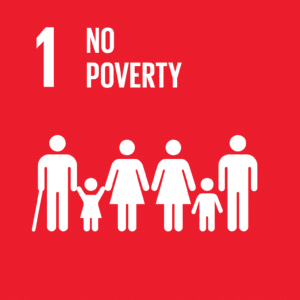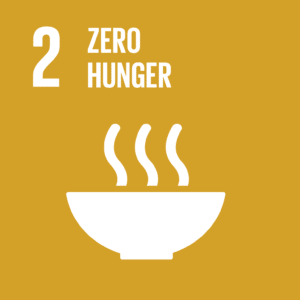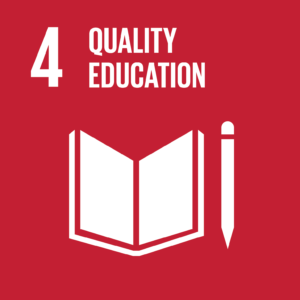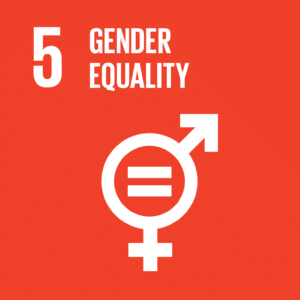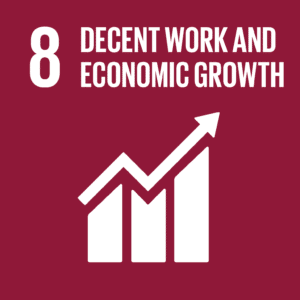Sustainable management of natural resources

Strengthening climate resilience among young farmers in North and South Kivu in the Democratic Republic of the Congo
In the provinces of North and South Kivu in the eastern Democratic Republic of the Congo, small-scale agriculture is the main source of food and income. However, the agricultural system is under significant pressure due to political instability and the effects of climate change. Farmers engage in subsistence farming, cultivating a limited number of market and staple crops intensively on small plots to meet their basic needs. This leads to biodiversity loss and makes the region vulnerable to floods and erosion.
In the Nyiragongo and Masisi areas of North Kivu, land use is undergoing rapid transformation. Forests and grasslands are being converted into agricultural land for the intensive cultivation of a limited number of market and staple crops. This leads to biodiversity loss and reduced capacity for CO2 absorption, increasing the risk of floods, erosion, rising temperatures, and drought.
In the Ruzizi plain of South Kivu, prolonged droughts result in crop losses and an increase in poverty and food insecurity. To irrigate their fields during these periods, some farmers use pumps powered by fossil fuels, leading to additional CO2 emissions.
Developing sustainable, climate-resilient agricultural systems
Young farmers, who consider agriculture as a valuable source of income and food security, are supported to actively engage in the sustainable management of local natural resources and ecosystems.
Information campaigns about the national climate adaptation plan of the Congolese government will reach young farmers through community radios, schools, churches, and other community structures. This will increase their awareness of the impact of climate change on local agricultural systems and the importance of climate adaptation measures.
Meetings with young farmers and other stakeholders from the community will be organized to discuss and analyze the impacts of climate change on local agricultural systems. From these discussions, three local multi-stakeholder committees will be formed for the three intervention areas: Nyiragongo and Masisi in North Kivu, and Ruzizi in South Kivu. Concrete climate adaptation measures will be selected together with young farmers, focusing on diversified agriculture based on agro-ecological principles and climate-resistant crops.
3,000 community members, including a minimum of 600 young farmers, understand the impact of climate change on family farming systems and recognize the importance of climate adaptation. A minimum of 80% of the 3,000 community members indicate that they consider climate adaptation as a priority for their community.
600 young farmers will be trained in agro-ecological techniques and climate adaptation, making their agricultural activities more diverse and climate-resilient. 300 farmers will serve as mentors for other farmers in their communities.
Each multi-stakeholder committee will produce at least 1 evaluation report analyzing the impact of the implemented adaptation measures. An action plan on climate adaptation and sustainable natural resource management will be developed for each of the three intervention areas.

Would you like to know more about this project?


